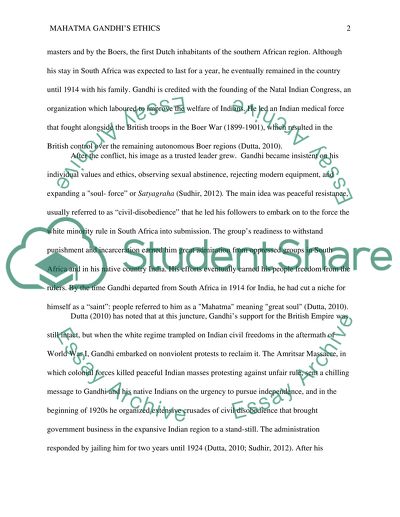Cite this document
(“Ghandis Ethics Research Paper Example | Topics and Well Written Essays - 2000 words”, n.d.)
Retrieved from https://studentshare.org/philosophy/1497215-ghandis-ethics
Retrieved from https://studentshare.org/philosophy/1497215-ghandis-ethics
(Ghandis Ethics Research Paper Example | Topics and Well Written Essays - 2000 Words)
https://studentshare.org/philosophy/1497215-ghandis-ethics.
https://studentshare.org/philosophy/1497215-ghandis-ethics.
“Ghandis Ethics Research Paper Example | Topics and Well Written Essays - 2000 Words”, n.d. https://studentshare.org/philosophy/1497215-ghandis-ethics.


